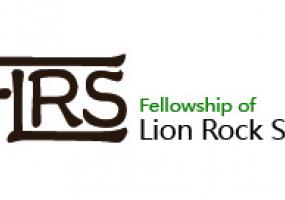The importance of media ethics
13 Jun 2012
Former fellow Kyaw Thu writes in the Myanmar Times:
Abolishing media censorship is a prerequisite for countries transforming from systems of centralised, authoritarian governance to more liberal and inclusive democratic societies. Myanmar is no exception. As Myanmar walks the reform path and transitions to democracy, outdated customs and policies not in line with democratic principles need to be abandoned. Censorship is but one such policy. As a journalist who has worked under pre-publication censorship for most of my career, I have always hoped to see censorship abolished. So I was overjoyed when I heard the announcement made by an official at the Press Scrutiny and Registration Division (PSRD) that newspapers, or rather news journals, would no longer need to submit content before publication from the end of June. This good news should be welcomed by both journalists and the public. Independent and vibrant news media is essential for the democratic system, in terms of both uncovering truth and promoting transparency more generally. Journalists in Myanmar have been handcuffed by the rules and regulations imposed by successive governments for several decades. But the changing political landscape after U Thein Sein was sworn in as president has created opportunities for Myanmar journalists, with the government loosening its grip on the media. As these changes were taking place, I conducted a survey of Myanmar journalists from August 2011 to March 2012 with the support of Reuters Institute for the Study of Journalism based in Oxford. The majority of the 77 working journalists said U Thein Sein’s government had relaxed censorship of the media compared with the previous military government. Read the rest of this article in the Myanmar Times.


